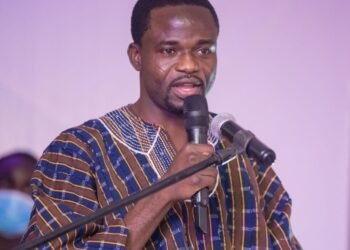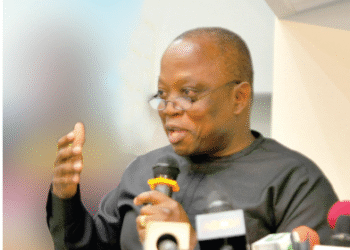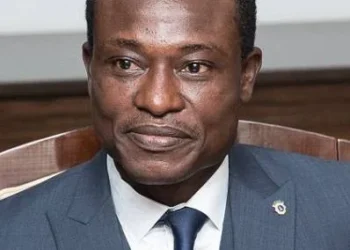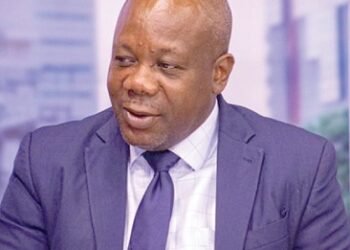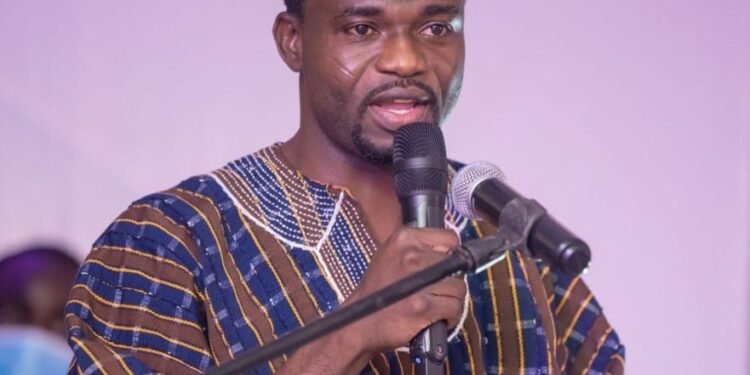The US deportee deal with Ghana has sparked heated debate, with a private legal practitioner, Austin Kwabena Brako-Powers, labeling it unconstitutional and warning of potential threats to transparency and accountability in governance.
Brako-Powers drew parallels to the infamous Guantanamo Bay case of January 2016, when the then-Mahama administration accepted two Yemeni detainees — Khalid al-Dhuby and Mahmoud Omar Bin Atef — into Ghana through a bilateral arrangement with the U.S.
The move triggered widespread public backlash and a legal battle that culminated in a landmark ruling by the Supreme Court.
According to Brako-Powers, the court, in the case of Banful & Another v. Attorney-General & Another, held that the agreement was unconstitutional because it had not been ratified by Parliament, as required under Article 75(2) of the 1992 Constitution.
The court further directed the government at the time to either regularize the arrangement within six months or return the detainees to the United States.
“This ruling highlighted the critical role of parliamentary oversight in safeguarding Ghana’s sovereignty, especially in international agreements that touch on national security and human rights.”
Austin Kwabena Brako-Powers
Fast forward to 2025, Brako-Powers has raised the alarm once again as Ghana enters another deportee agreement with the United States.
He argued that there is currently no public record indicating that the agreement was laid before Parliament or ratified, as constitutionally mandated.
During a media interaction on Wednesday, September 10, 2025, President Mahama confirmed that Ghana had agreed to accept only West African deportees under the new arrangement.

“Has this new agreement been laid before Parliament? If yes, when was it ratified? If not, then clearly it violates the same constitutional principle the Supreme Court established years ago.”
Austin Kwabena Brako-Powers
The legal expert cautioned that international agreements, particularly those that impact national security and citizens’ rights, must never be executed in secrecy.
He argued that failing to follow constitutional procedures erodes public trust and weakens democratic accountability.
“This is Ghana, not an occult nation where such agreements are hidden from citizens. Transparency and accountability must guide how government enters into pacts with foreign powers.”
Austin Kwabena Brako-Powers
Executive Power, Constitutional Safeguards Stressed Amid US Deportee Deal
Austin Kwabena Brako-Powers expressed concern that bypassing parliamentary approval sets a dangerous precedent, potentially allowing the executive arm of government to sideline the legislature in matters of grave national importance.
“The Constitution is very clear on this matter. No matter how strategic or urgent, agreements with foreign states must go through parliamentary approval. Anything short of that is unconstitutional.”
Austin Kwabena Brako-Powers

He further urged civil society organizations, the legal community, and ordinary citizens to demand answers from the government.
According to him, the public has a right to know every detail of the deportee agreement, including who exactly will be repatriated, what commitments Ghana has made under the deal, and how the government plans to monitor compliance to safeguard the country’s sovereignty.
By withholding these details, Brako-Powers argued, the government risks creating an environment of suspicion and mistrust while weakening Ghana’s democratic institutions.
The lawyer urged advocacy groups and watchdog organizations to take a proactive stance in ensuring the government adheres to constitutional requirements.
He emphasized that civil society has a crucial role to play in holding leaders accountable and safeguarding the rule of law.
“If these constitutional safeguards are ignored, Ghana risks sliding into a dangerous territory where executive decisions go unchecked, undermining the very foundation of our democracy.”
Austin Kwabena Brako-Powers
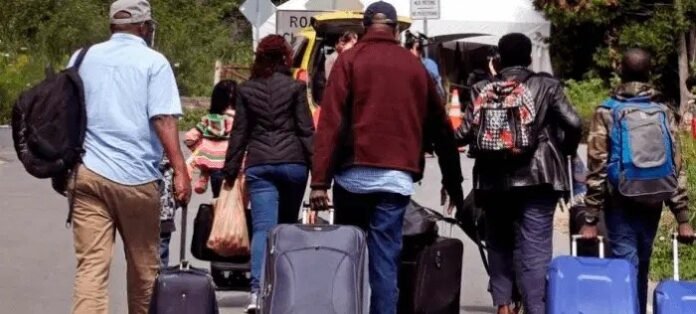
Brako-Powers stressed that respect for institutional checks and balances is essential for the country’s stability and credibility.
“Ghana’s democracy and rule of law are best protected when leaders respect institutional checks and balances. Secrecy and constitutional breaches will only erode the nation’s credibility in the eyes of its citizens and international partners.”
Austin Kwabena Brako-Powers
As the debate over the US deportee deal intensifies, citizens and civil society groups are expected to demand clarity and accountability from the government.
Whether Parliament will intervene remains to be seen, but legal experts like Brako-Powers insist that only transparency and strict adherence to constitutional processes can preserve Ghana’s democratic integrity.




